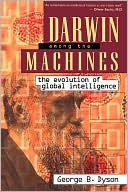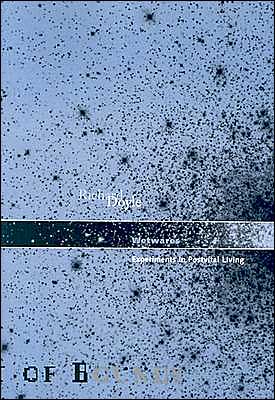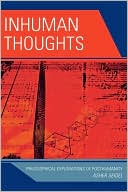8th German Workshop on Artificial Life: Proceedings of the GWAL-8, Leipzig, Germany
Tracking technologies such as GPS, mobile phone tracing, video and RFID monitoring are rapidly becoming part of daily life. Technological progress offers huge possibilities for studying human activity patterns in time and space in new ways. Delft University of Technology (TU Delft) held an international expert meeting in early 2007 to investigate the current and future possibilities and limitations of the application of tracking technologies in urban design and spatial planning. This book is...
Search in google:
Tracking technologies such as GPS, mobile phone tracing, video and RFID monitoring are rapidly becoming part of daily life. Technological progress offers huge possibilities for studying human activity patterns in time and space in new ways. Delft University of Technology (TU Delft) held an international expert meeting in early 2007 to investigate the current and future possibilities and limitations of the application of tracking technologies in urban design and spatial planning. This book is the result of that expert meeting. Urbanism on Track introduces the reader to the basics of tracking research and provides insight into its advantages above other research techniques. But it also shows the bottlenecks in gathering and processing data and applying research results to real-life problems. Urbanism on Track showcases tracking experiments in urban studies, planning and design - from pedestrian navigation in Austria to Danish field tests, from TU Delft's Spatial Metro project to MIT's Real Time Rome and last but not least the Sense of the City project realized in Eindhoven. Urbanism on Track discusses the relevance of tracking for policy making, the possibilities of a new cartography and the implementation of tracking technologies in urban design and planning. This makes Urbanism on Track a unique book, setting the agenda for the structural embedment of research using tracking technologies in urbanism.
Enzyme-like replication de novo in a micro-controller environment Uwe Tangen Tangen, Uwe 3Life-like behavior in a simulated lipid world Aia Oz Oz, Aia Hamutal Arbel Arbel, Hamutal Aron Inger Inger, Aron Tsviya Olender Olender, Tsviya Doron Lancet Lancet, Doron 5Behaviour and cognition as a complex adaptive system: Insights from evolutionary robotics experiments Stefano Nolfi Nolfi, Stefano 7Evolution of 3D development controlled by a gene regulatory network: The complexity of the search space and evolvability Michal Joachimczak Joachimczak, Michal Borys Wrobel Wrobel, Borys 11Network structure and emergence of robustness by stabilizing selection in an artificial genome Thimo Rohlf Rohlf, Thimo Chris Winkler Winkler, Chris 23The influence of dynamic environments on polyethism in response threshold models for social insects Konrad Diwold Diwold, Konrad Daniel Merkle Merkle, Daniel Martin Middendorf Middendorf, Martin 37Information-driven organization of visual receptive fields Christoph Salge Salge, Christoph Daniel Polani Polani, Daniel 49Noise-driven stem cell and progenitor population dynamics Martin Hoffmann Hoffmann, Martin Jorg Galle Galle, Jorg 63Modelling bacterial metapopulations Florian Centler Centler, Florian Ingo Fetzer Fetzer, Ingo Martin Thullner Thullner, Martin 73Cyclic revolutionary dynamics in finite populations: From discrete stochastic processes to replicator and Fokker-Planck equations Jens Christian Claussen Claussen, Jens Christian 79Task allocation by dynamic specialization Sven Magg Magg, Sven Rene Te Boekhorst Te Boekhorst, Rene 91Looking for evidence of differentiation and multicellular cooperation Moritz Buck Buck,Moritz Chrystopher L. Nehaniv Nehaniv, Chrystopher L. 101Time-evolution of the rule 150 cellular automaton activity on two-dimensional and Bethe lattices Jens Christian Claussen Claussen, Jens Christian 115Artificial life from the principle of homeokinesis Ralf Der Der, Ralf 125Adaptive communication promotes sub-system formation in a multi agent system Paolo Di Prodi Di Prodi, Paolo Bernd Porr Porr, Bernd 137







